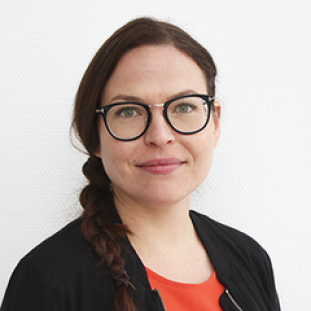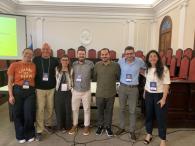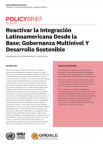South Africa’s economic challenges are well documented. Real gross domestic product per capita has declined since 2015, productivity growth has been slow and appears to be slowing further, the unemployment rate has recently been increasing from already high levels, and inequality remains very high. In addition, South Africa faces a number of structural problems. These include high levels of inequality, spatial distortions, low levels of education, the uneven quality of public services, and inadequate state capacity.
Although a wide range of policies aim to address these problems, progress has been limited. These problems have been exacerbated by the COVID-19 shock. The socio-economic effects of the COVID‐19 pandemic are far‐reaching and will likely be long‐lasting. Further increases in unemployment and income losses has entrenched existing inequalities. Although government will conduct a mass vaccination campaign, the threat of resurgent waves of infection lingers, and the rollout is only expected to gather pace in the second half of 2021.
The Southern Africa – Towards Inclusive Economic Development (SA-TIED) programme supports policy-making for inclusive growth and economic transformation in the Southern Africa region. This is achieved through original research conceived and produced in collaboration between the National Treasury of South Africa, the United Nations University World Institute for Development Economics Research (UNU-WIDER), and many other governmental and research organisations in South Africa. A key aspect of the programme is to encourage networking and discussion amongst those involved in policy processes across the participating organisations and civil society to bridge the gap between research and policy-making.




